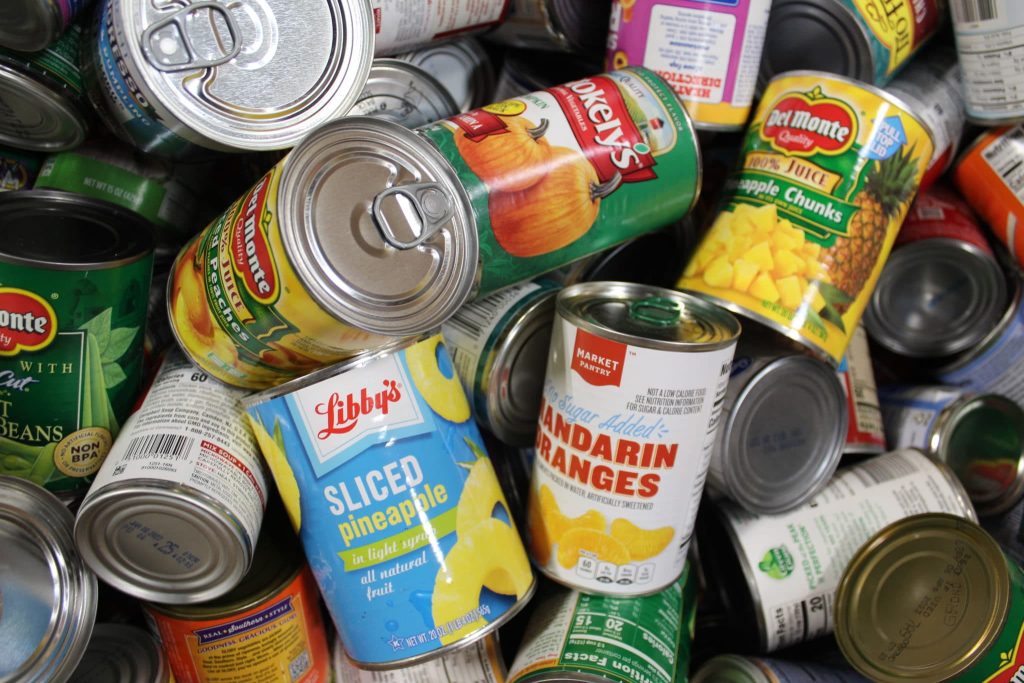Canned foods are often thought to be less nutritious than fresh or frozen foods. Canning is a method of preserving foods for long periods by packing them in airtight containers.
Canning was first developed in the late 18th century as a way to provide a stable food source for soldiers and sailors at war.สมัคร UFABET

The canning process can vary slightly by product, but there are three main steps. These include:
- Processing. Food is peeled, sliced, chopped, pitted, boned, shelled, or cooked.
- Sealing. The processed food is sealed in cans.
- Heating. Cans are heated to kill harmful bacteria and prevent spoilage.
This allows food to be shelf-stable and safe to eat for 1–5 years or longer.
Common canned foods include fruits, vegetables, beans, soups, meats, and seafood.
Canning is a method used to preserve foods for long periods. There are three main steps: processing, sealing, and heating.
How does canning affect nutrient levels?
Canned foods are often thought to be less nutritious than fresh or frozen foods, but research shows that this is not always true.
In fact, canning preserves most of a food’s nutrients.
Protein, carbs, and fat are unaffected by the process. Most minerals and fat-soluble vitamins like vitamins A, D, E, and K are also retained.
As such, studies show that foods high in certain nutrients maintain their high nutrient levels after being canned.
Yet, since canning typically involves high heat, water-soluble vitamins like vitamins C and B can be damaged.
These vitamins are sensitive to heat and air in general. So they can also be lost during normal processing, cooking, and storage methods used at home.
However, while the canning process may damage certain vitamins, amounts of other healthy compounds may increase.
For example, tomatoes and corn release more antioxidants when heated. Making canned varieties of these foods an even better source of antioxidants.
Changes in individual nutrient levels aside, canned foods are good sources of important vitamins and minerals.
In one study, people who ate 6 or more canned items per week had higher intakes of 17 essential nutrients. Compared with those who ate 2 or fewer canned items per week